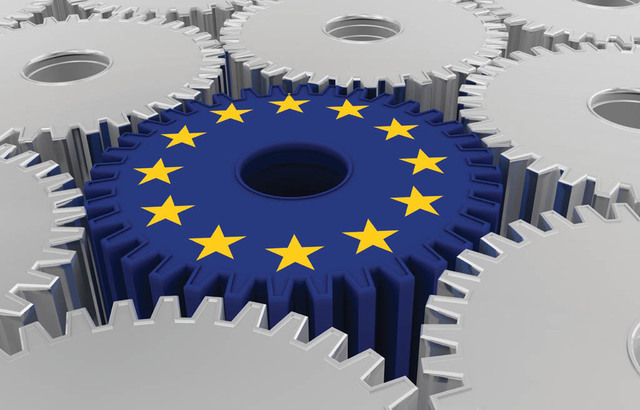The European Commission is debating making changes to the way member states vote on tax policy, which could have significant implications for personal and corporate tax legislation across the bloc.
Under the current process, policies need unanimity from all 28 members to be passed into legislation.
However, this voting method has become more and more challenging especially on crucial tax initiatives, as it takes just one member state voting against a proposed policy for it to fail, said the European Commission.
The change would introduce a qualified majority voting instead of unanimity. This would mean that, to pass a specific policy, the Commission would need the support of at least 55% of member states, which collectively represent at least 65% of the European population.
However, the decision can be vetoed if at least four member states, representing at least 35% of the European population, oppose the policy.
Difficult territory
“Following the collapse of the EU Commission’s earlier proposal to introduce a pan-European digital tax, it has opened a new front in its battle to tackle tax avoidance by multinationals by launching a debate on certain areas of taxation policy being subject to qualified majority voting,” George Bull, senior tax partner at RSM UK told International Adviser.
“In doing so, the Commission is entering into very difficult political territory. Although it argues that is not proposing any change in EU competences in the field of taxation, or to the rights of Member States to set personal or corporate tax rates, many may not see it this way. Indeed, many capitals may view this as an unwelcome power grab and the thin end of a very large wedge.”
In fact, Ireland has come out of the gates swinging and already rejected the proposal out of hand.
Commenting on the debate, a spokesperson for Paschal Donohoe, the Irish finance minister, said that “Ireland does not support any change being made on how tax issues are agreed at EU level”.
Undeterred
The response from the emerald isle, however, does not appear to have dimmed the EC’s ambitions.
“Our increasingly globalised economies need modern and ambitious tax systems. I remain strongly in favour of moving to qualified majority voting and a stronger voice for the European parliament on the common future of taxation in our union,” said Jean-Claude Junker, president of the European Commission.
Pierre Moscovici, commissioner for economic and financial affairs, taxation and customs, echoed Junker’s proposal.
“The EU has had a role in taxation policy since the origins of the Community six decades ago. Yet if unanimity in this area made sense in the 1950s, with six Member States, it no longer makes sense today. The unanimity rule in taxation increasingly appears as politically anachronistic, legally problematic and economically counterproductive.”
The shift to a qualified majority
The move from unanimity to a qualified majority voting would happen in four gradual steps, as outlined by the Commission.
First, member states would need to agree to move to a different voting system for tax matters. Second, qualified majority voting could be introduced in other measures such as climate change and environmental and public health issues.
Third, the voting system would help modernise and deliver faster decision-making in areas where member states would need to keep up with the latest developments such as technology and market changes.
Lastly, the voting system could be applied to major tax projects in order to ensure fair and competitive taxation in the European Union.








